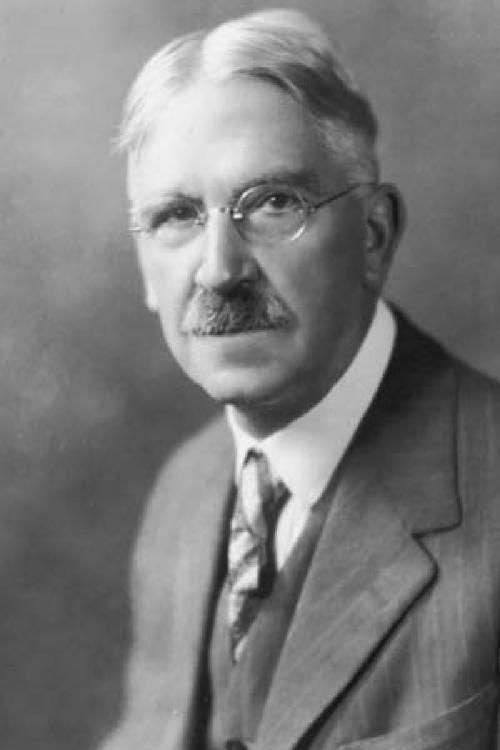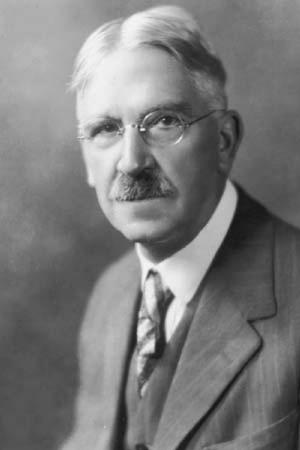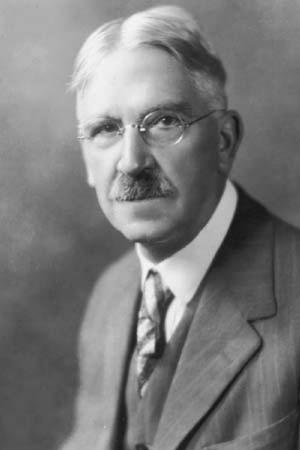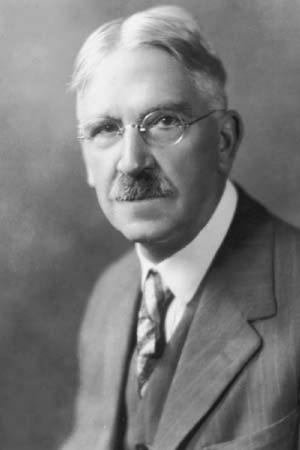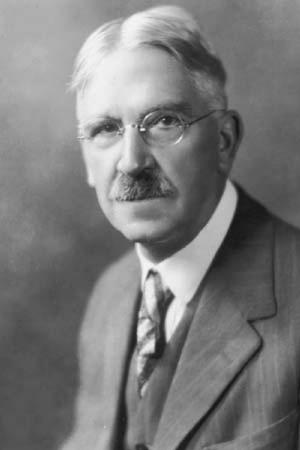Leibniz's New Essays Concerning the Human Understanding (Illustrated)
Business & Finance, Economics, Macroeconomics| Author: | John Dewey | ISBN: | 1230001439519 |
| Publisher: | Timeless Books | Publication: | November 23, 2016 |
| Imprint: | Language: | English |
| Author: | John Dewey |
| ISBN: | 1230001439519 |
| Publisher: | Timeless Books |
| Publication: | November 23, 2016 |
| Imprint: | |
| Language: | English |
The book has an active table of contents for readers to easy access of each chapter.
John Dewey was one of the most influential American philosophers, psychologists, and educators whose ideas have impacted education and social reform around the world. He is one of the founders with the philosophy of pragmatism and of functional psychology. He is in the row with the greatest thinkers including Bertrand Russell, Ludwig Wittgenstein, Karl Popper, Charles Peirce, John Mill, and William James.
Dewey considered schools and civil society as the two fundamental elements that had to be constructively evolved by encouraging experimental intelligence and plurality. Dewey’s belief is that complete democracy is to be sustainable not just by giving and extending voting rights but also by ensuring that a fully formed public opinion is accomplished by communication among citizens, experts, and politicians with the full accountability and responsibility for the policies they adopt.
LEIBNIZ’S NEW ESSAYS CONCERNING THE HUMAN UNDERSTANDING is one of the important books by John Dewey about his philosophical view about what is the human understanding with a critical exposition. The book formed the foundation of later pioneer work accomplished by John Dewey in modern psychology and philosophy. In the book, John Dewey called out his clear points to Leibniz’s masterwork NOUVEAUX ESSAIS as “In treating the NOUVEAUX ESSAIS of Leibniz, I have found myself obliged, at times, to violate the letter of this expressed intention, in order to fulfil its spirit. The NOUVEAUX ESSAIS, in spite of its being one of the two most extended philosophical writings of Leibniz, is a compendium of comments, rather than a connected argument or exposition. It has all the suggestiveness and richness of a note-book, but with much also of its fragmentariness. I have therefore been obliged to supplement my account of it by constant references to the other writings of Leibniz, and occasionally to take considerable liberty with the order of the treatment of topics. Upon the whole, this book will be found, I hope, to be a faithful reflex not only of Leibniz’s thought, but also of his discussions in the NOUVEAUX ESSAIS.”
John Dewey’s influence has been felt in nearly every field of the humanities, sciences, and American corporate culture such learning by doing. The reasoning by John Dewey still remains as relevant today as it was then. This book is one of the most important ones about the deepest thoughts of philosophy and psychology by John Dewey, one of the greatest thinkers of psychology, science, and logic on the planet.
The book has an active table of contents for readers to easy access of each chapter.
John Dewey was one of the most influential American philosophers, psychologists, and educators whose ideas have impacted education and social reform around the world. He is one of the founders with the philosophy of pragmatism and of functional psychology. He is in the row with the greatest thinkers including Bertrand Russell, Ludwig Wittgenstein, Karl Popper, Charles Peirce, John Mill, and William James.
Dewey considered schools and civil society as the two fundamental elements that had to be constructively evolved by encouraging experimental intelligence and plurality. Dewey’s belief is that complete democracy is to be sustainable not just by giving and extending voting rights but also by ensuring that a fully formed public opinion is accomplished by communication among citizens, experts, and politicians with the full accountability and responsibility for the policies they adopt.
LEIBNIZ’S NEW ESSAYS CONCERNING THE HUMAN UNDERSTANDING is one of the important books by John Dewey about his philosophical view about what is the human understanding with a critical exposition. The book formed the foundation of later pioneer work accomplished by John Dewey in modern psychology and philosophy. In the book, John Dewey called out his clear points to Leibniz’s masterwork NOUVEAUX ESSAIS as “In treating the NOUVEAUX ESSAIS of Leibniz, I have found myself obliged, at times, to violate the letter of this expressed intention, in order to fulfil its spirit. The NOUVEAUX ESSAIS, in spite of its being one of the two most extended philosophical writings of Leibniz, is a compendium of comments, rather than a connected argument or exposition. It has all the suggestiveness and richness of a note-book, but with much also of its fragmentariness. I have therefore been obliged to supplement my account of it by constant references to the other writings of Leibniz, and occasionally to take considerable liberty with the order of the treatment of topics. Upon the whole, this book will be found, I hope, to be a faithful reflex not only of Leibniz’s thought, but also of his discussions in the NOUVEAUX ESSAIS.”
John Dewey’s influence has been felt in nearly every field of the humanities, sciences, and American corporate culture such learning by doing. The reasoning by John Dewey still remains as relevant today as it was then. This book is one of the most important ones about the deepest thoughts of philosophy and psychology by John Dewey, one of the greatest thinkers of psychology, science, and logic on the planet.
